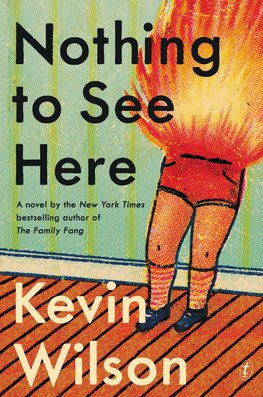By Robert Dilenschneider
Citadel Press 2020
224 pages Self-Help
The Shortlist
Tomorrow, New Year’s Day, my husband and I are going to have
a meeting to make some decisions about our lives, our careers, and our futures.
First, you must know, we are 80 and 76 years old, and we have made many
momentous decisions in our lives, both individually and as a couple. Many of these decisions have been about how we are going
to live our lives. Some of the decisions have been good; some have been not so
good. The decisions we are going to make tomorrow hopefully will have an impact
on what is going to happen next.
Then, into my life came the book Decisions by
Dilenschneider, a different type of self help book. In this book of short
essays, Dilenschneider presents decisions made by 23 people—all people with
recognizable names and recognizable life stories. From Harry Truman to Malala,
each of those 23 people made decisions that shaped the course of the world’s
history.
Dilenschneider tells the story of the decisions made, and
then summarizes each story with a list of assertions that can be gleaned from
the person’s story. For example, Harry Truman had to make the decision to use
the Atomic Bomb. Dilenschneider suggests that one of the lessons we can take
away from that fateful decision is to have the courage to make big decisions,
and the conviction to carry them through. On the other hand, we should try to get as many
of the facts at hand as possible. Don’t take shots in the dark.
One of the major strengths of the book is the variety of stories
that are told and the variety of life lessons to be gleaned from the stories.
Interestingly, many of the stories conclude that a person needs to be prepared
to take full responsibility for his/her decisions and their outcomes. From
Abraham Lincoln to Mohammed Ali, taking responsibility is a great lesson to be
learned.
This is a valuable book. I think that it needs to be handed
to people at important points in their lives. I will hand my copy on to a
daughter who works as a career coach. I think she will find it useful in her
work.
Robert Dilenschneider has had a storied career. His company
is called the Dilenschneider
Group, Inc. Decisions is the latest in a series of
career-building books.

































